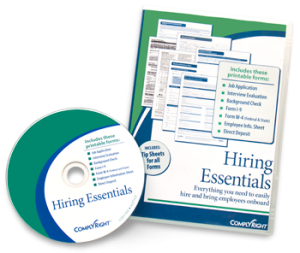 It’s about that time of year again — no, not National Drink Wine Day (which was on February 18th just in case you didn’t catch it this year) — Tax time! Almost as exciting as National Drink Wine Day. The clock is ticking — are you ready? Inspired by this taxing time of year (see what I did there?), we decided to research some best bookkeeping practices you should maintain for your small businesses. Here are five bookkeeping basics for small business:
It’s about that time of year again — no, not National Drink Wine Day (which was on February 18th just in case you didn’t catch it this year) — Tax time! Almost as exciting as National Drink Wine Day. The clock is ticking — are you ready? Inspired by this taxing time of year (see what I did there?), we decided to research some best bookkeeping practices you should maintain for your small businesses. Here are five bookkeeping basics for small business:
Revenues and Expenses
Think of this as the who, what, where, when and how. How much money is going out, when it went out, where it’s going, what money is coming in and who it’s going to. Make sure to record all revenue coming in and expenses incurred in some sort of journal (online preferably). Another method of maintaining these transactions is with a ledger, which records all moneys as either credits or debits. Remember that whichever method you prefer, have a backup copy! Whether this means having a paper record and an electronic record, or having two electronic records saved in two places (such as on your hard drive and on a Cloud).
Cash Expenditures
Keep a record of whatever cash your business spends and what it’s spent on. This could range anywhere from buying a new pack of pens to taking your employees out for dinner. A couple easy and valid ways to document these expenditures is by writing reimbursable checks or keeping petty cash records. Remember again to have a backup copy!
Inventory
Keeping updated records of your inventory will help prevent both misplacing your goods and theft. It will also prove to be an effective tool for tracking business trends and keeping your inventory stock to a minimum. For each inventory item, keep a record of date purchased, stock numbers (if applicable), purchase price, sales price, date(s) sold, and any other piece of information that is relevant to your industry. Have a backup copy.
Accounts Receivable and Payable
Always keep a running track of which customers owe you money, which customers have already paid and who you have a debt to. Make sure to include as much information as possible, including dates, numbers, amounts, terms, money paid or due, balances, contact info, etc. Did we mention to have a backup copy?
 Employees
Employees
No matter how large your business it, whether you employ one person or 1,000 people, it is your responsibility to have a detailed file for each and every employee. This includes any and all compliance forms including (but not limited to) W-4 forms and I-9 forms. It is on the business owner to make sure records are maintained on any worker’s comp claims, unemployment, employer matching, withholding, etc. And … you guessed it … have backup copies.
Do you keep your own books or have you hired someone to do it for you? What other basics do you think other business owners need to know? Let us know in the comments below, or connect with us on Facebook, Twitter or Google+.


No Comments